Cooking is more than just a necessity; it’s an art, a science, and a means of self-expression. For every aspiring home chef, mastering the fundamentals is vital to creating delicious, well-balanced meals that leave a lasting impression. In this Cooking 101 guide, we’ll explore the essential skills every home chef should cultivate to embark on a culinary journey filled with creativity, flavor, and satisfaction.
Knife Skills
One of the foundational skills in any kitchen is proper knife handling. A sharp, well-maintained knife is your best friend in the kitchen. Learn the basic cuts like dicing, mincing, and julienning. Understanding how to handle a knife not only ensures efficiency but also contributes to safety in the kitchen.
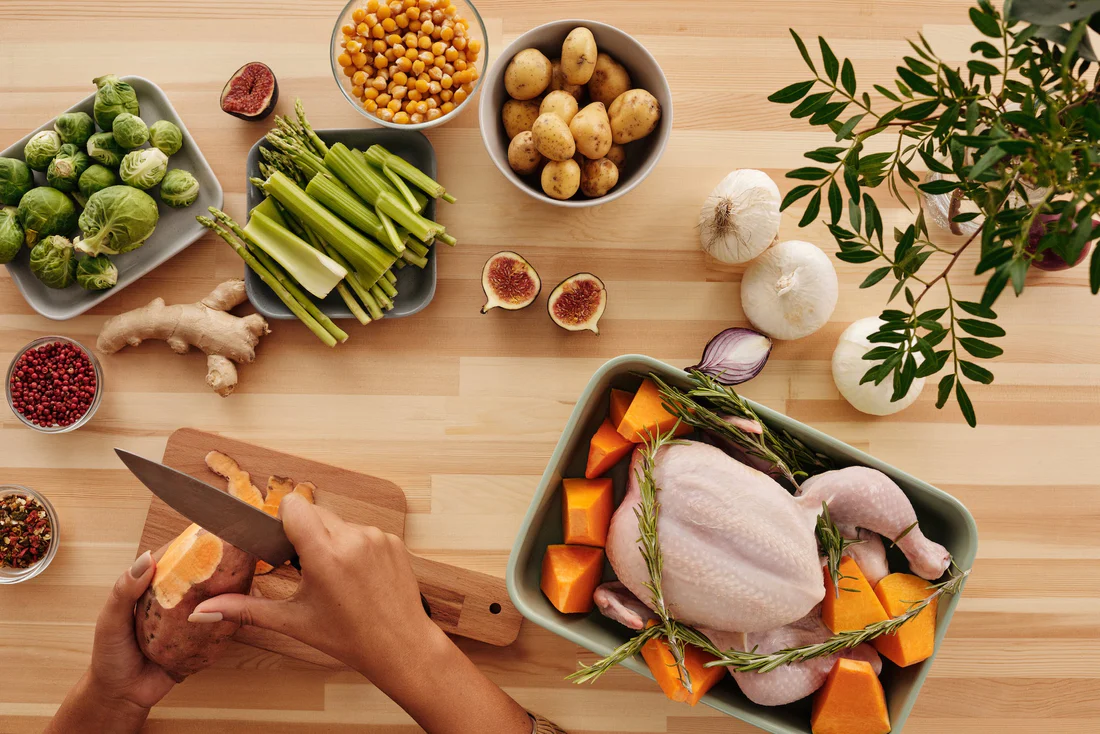
Understanding Flavors
Developing a palate and understanding how flavors work together is fundamental to creating balanced and memorable dishes. Experiment with different herbs, spices, and seasonings to learn how they complement or contrast. Taste, taste, and taste some more; it’s the only way to understand how ingredients interact truly.
Mastering Heat Control
Knowing how to control heat is crucial in cooking. This skill encompasses understanding the different heat levels (low, medium, high) and when to use them. It also includes techniques like sautéing, simmering, and searing. Each method imparts its unique flavors and textures to your dishes. This skills cna be harnnesed online.
Sauce Making
Sauces are the soul of many dishes. Mastering the basic sauces like béchamel, hollandaise, and tomato sauce provides a solid foundation. From there, you can experiment and create your signature sauces, adding a personal touch to your culinary creations.
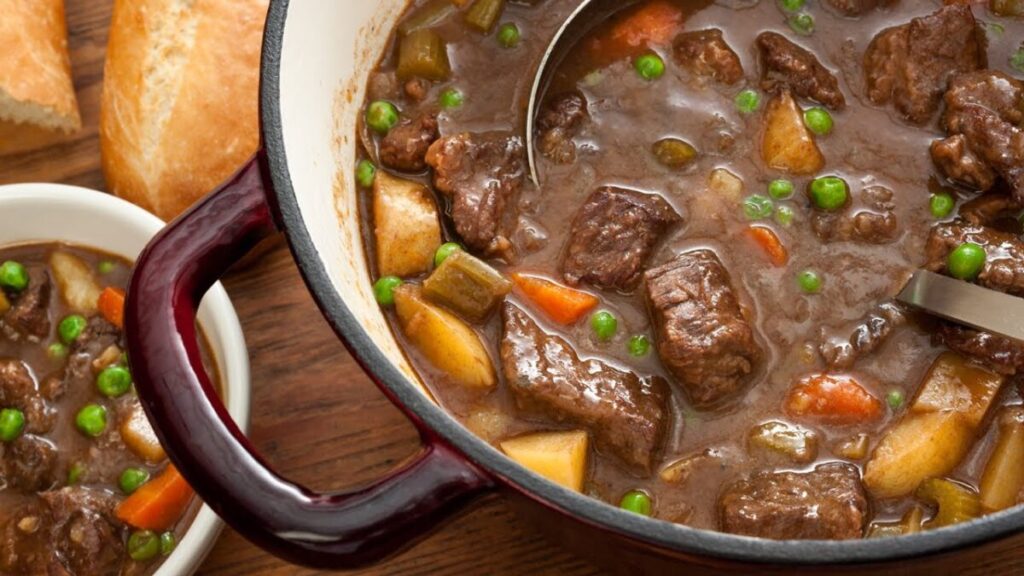
Mise en Place
Translated from French, “mise en place” means “everything in its place.” This practice involves preparing and organizing all your ingredients before you start cooking. It makes the process more efficient and ensures you don’t miss any crucial components in the heat of the moment.
Balancing Flavors and Textures
Great dishes have a balance of flavors (sweet, salty, sour, bitter, umami) and textures (crispy, creamy, chewy, tender). Understanding how to achieve this balance separates a good dish from an extraordinary one.
Timing and Multitasking
Timing is everything in the kitchen. Knowing when to start each meal component and how to juggle multiple tasks simultaneously can be the difference between a harmonious dinner and a chaotic mess. Practice and organization are essential.
Understanding Ingredients
Familiarize yourself with a wide array of ingredients, both common and exotic. Know their flavors, textures, and best culinary applications. Understanding the characteristics of your ingredients allows you to make informed decisions and substitutions when needed.
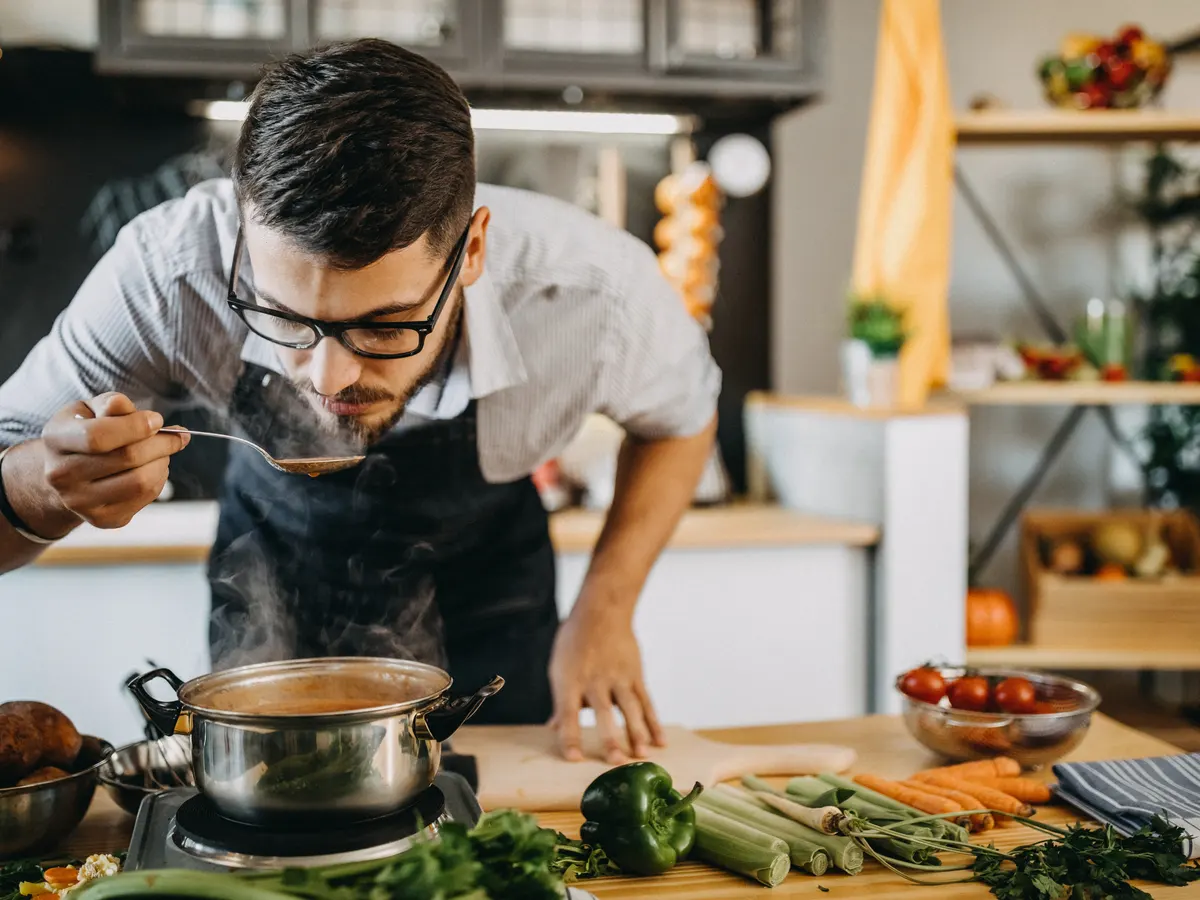
Adaptability and Creativity
While recipes are valuable guides, feel free to veer off-course. Adaptation and creativity are what make cooking a unique form of art. Experiment with different ingredients, techniques, and presentations to discover your culinary style.
Safety and Hygiene
A crucial, often overlooked aspect of cooking is safety and hygiene. Learn proper food handling techniques, temperature control, and how to prevent cross-contamination. A clean and safe kitchen is essential for chefs and diners.
Understanding Cooking Techniques
Understanding various cooking techniques is crucial beyond knowing how to use a knife and control heat. This includes methods like braising, roasting, grilling, and poaching. Each technique imparts unique flavors and textures to different ingredients. For instance, braising involves slow-cooking in liquid, resulting in tender, flavorful dishes, while roasting creates a crispy exterior and juicy interior.
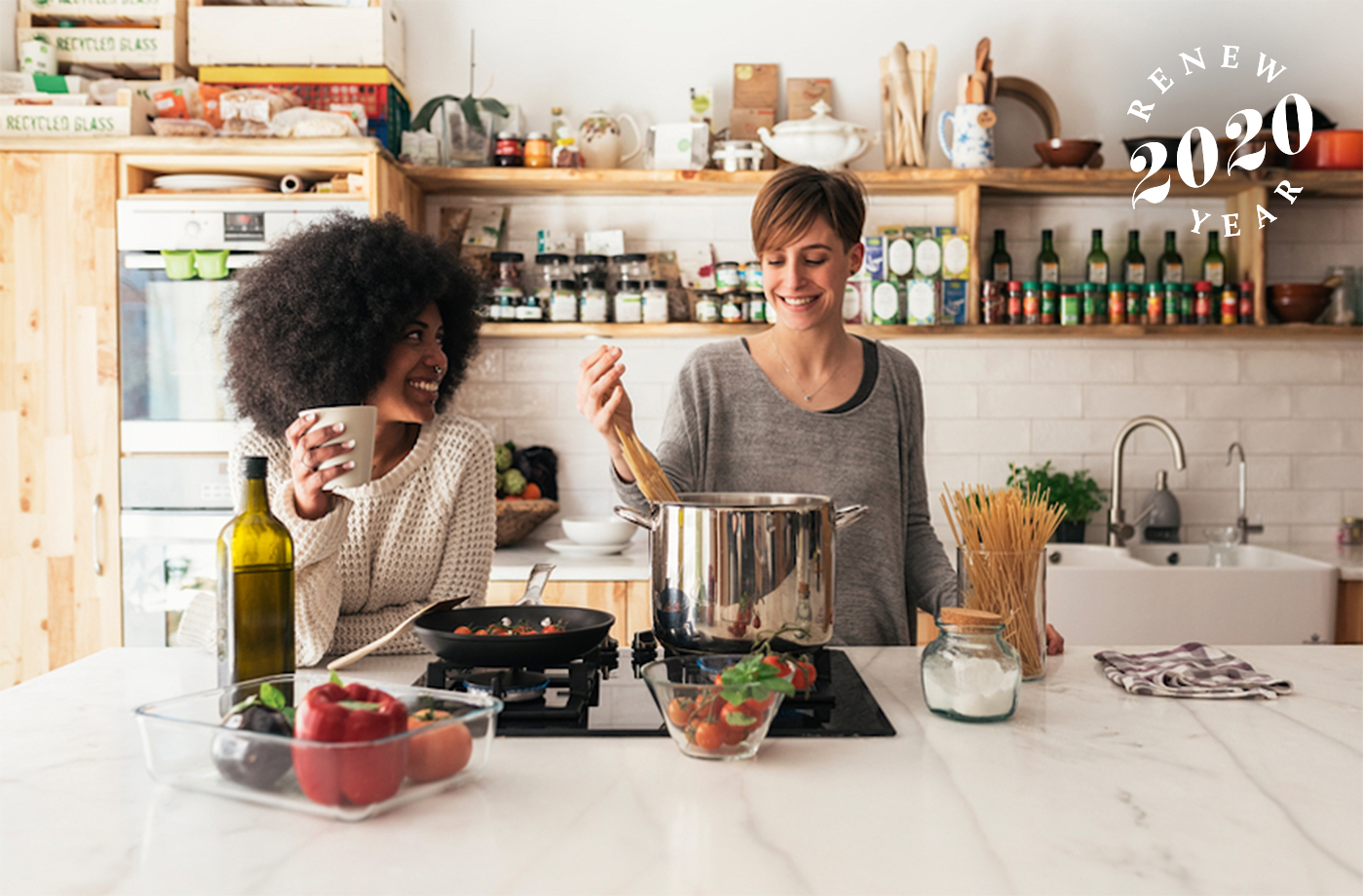
Embracing Seasonal and Local Ingredients
A skilled home chef knows the importance of using seasonal and local produce. These ingredients are fresher and more flavorful, support local farmers, and reduce environmental impact. Understanding what’s in season allows you to create dishes that are delicious and in harmony with nature’s rhythm.
Plating and Presentation
Elevate your dishes by paying attention to plating and presentation. The visual appeal of a dish can enhance the overall dining experience. Consider color, texture, and arrangement to create an inviting presentation. Experiment with different plating styles to find what suits your aesthetic and the nature of the dish.
Baking Basics
While only some home chefs aspire to be pastry chefs, having a basic understanding of baking is invaluable. Learn the essentials like measuring accurately, understanding leavening agents, and mastering basic pastry techniques. This knowledge opens up possibilities for creating delectable desserts and baked goods.
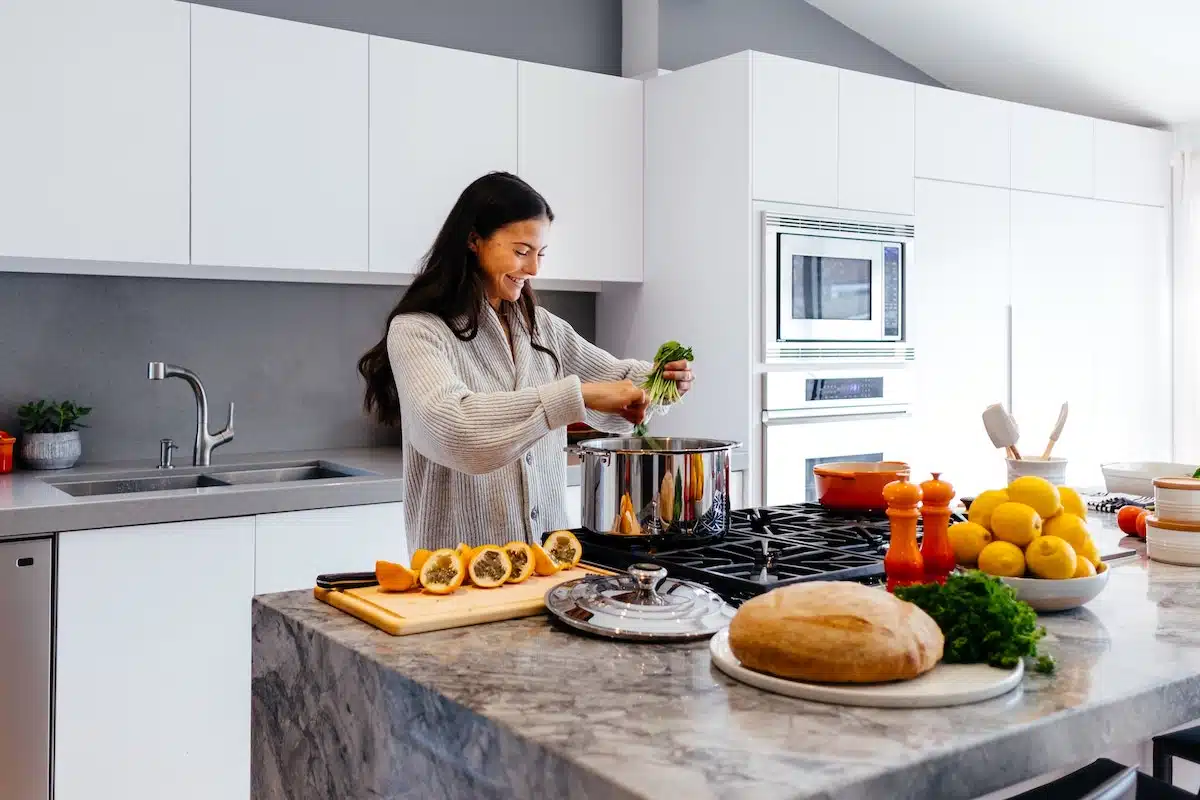
Wine and Food Pairing
Understanding how to pair wines with your dishes can elevate the dining experience. Different wines complement various flavors and ingredients, enhancing the overall taste sensation. Experiment with different pairings to discover which combinations work best for your palate.
Culinary Terminology
Familiarize yourself with culinary terminology to better understand recipes and communicate effectively in the kitchen. Know the difference between blanching and parboiling, and understand terms like chiffonade and deglaze. This knowledge streamlines your cooking process and ensures you’re following recipes accurately.
Managing Leftovers and Food Waste
A responsible and resourceful home chef knows how to minimize food waste. Learn creative ways to repurpose leftovers into new dishes or freeze them for future use. Understanding how to use every part of an ingredient reduces waste, saves money, and contributes to a more sustainable kitchen.
Culinary Problem-Solving
- Every cook encounters challenges in the kitchen, from a missing ingredient to a sudden change in plans. Developing problem-solving skills allows you to adapt and overcome hurdles gracefully. Whether substituting an ingredient or adjusting cooking times, the ability to think on your feet is a hallmark of a skilled chef.
understanding Dietary Restrictions and Preferences
In today’s diverse culinary landscape, catering to various dietary needs is essential. Familiarize yourself with different diets such as vegetarian, vegan, gluten-free, and keto. Learn to adapt recipes and create dishes that accommodate these preferences, ensuring everyone at your table can enjoy a delicious meal.
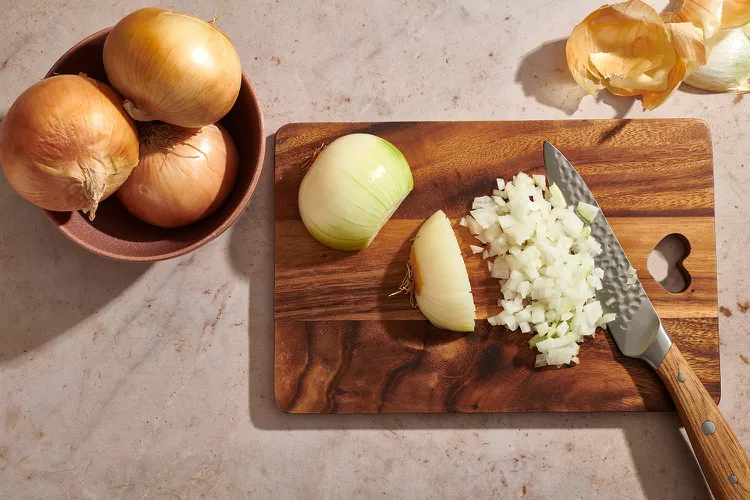
Exploring International Cuisines
Dive into the rich tapestry of global cuisines to expand your culinary horizons. Experiment with dishes from different regions, understanding their unique ingredients, techniques, and flavor profiles. This broadens your culinary skill set and exposes you to a world of exciting and diverse flavors.
Utilizing Kitchen Gadgets and Appliances
From blenders to sous vide machines, understanding how to use various kitchen gadgets and appliances can significantly enhance your cooking repertoire. Learn their functions, proper maintenance, and creative ways to incorporate them into your cooking process for more efficient and inventive dishes.
Adopting Time-Saving Techniques
Efficiency in the kitchen is crucial, especially for those with busy lifestyles. Master time-saving techniques like batch cooking, prepping ingredients in advance, and using leftovers creatively. These practices save time and make it easier to maintain a consistent and enjoyable cooking routine.
Exploring Fermentation and Preservation
Delve into the world of fermentation and preservation techniques. Learn how to make your pickles, sauerkraut, kombucha, and jams. These skills add unique flavors to your dishes and allow you to preserve seasonal ingredients for use throughout the year.
Understanding Culinary Science
A deeper understanding of the science behind cooking can elevate your skills to a whole new level. Learn about emulsification, caramelization, and the Maillard reaction. Understanding these processes enables you to troubleshoot and innovate in the kitchen with a scientific approach.
Developing a Personalized Recipe Repertoire
As you gain confidence and experience, start curating a collection of go-to recipes that reflect your style and preferences. These signature dishes become your culinary calling card, showcasing your skills and unique flavor combinations.
Engaging in Continuous Learning
The world of food and cooking is ever-evolving. Stay updated with the latest culinary trends, techniques, and ingredients. Attend workshops, watch cooking shows, and read cookbooks to keep your skills fresh and your creativity thriving.
Conclusion
Becoming a proficient home chef is a journey that requires dedication, practice, and a willingness to learn. These essential skills form the foundation for building a repertoire of delicious and impressive dishes. Remember, even the most celebrated chefs started with the basics. So, sharpen your knives, gather your ingredients, and let your culinary adventure begin! Happy cooking!

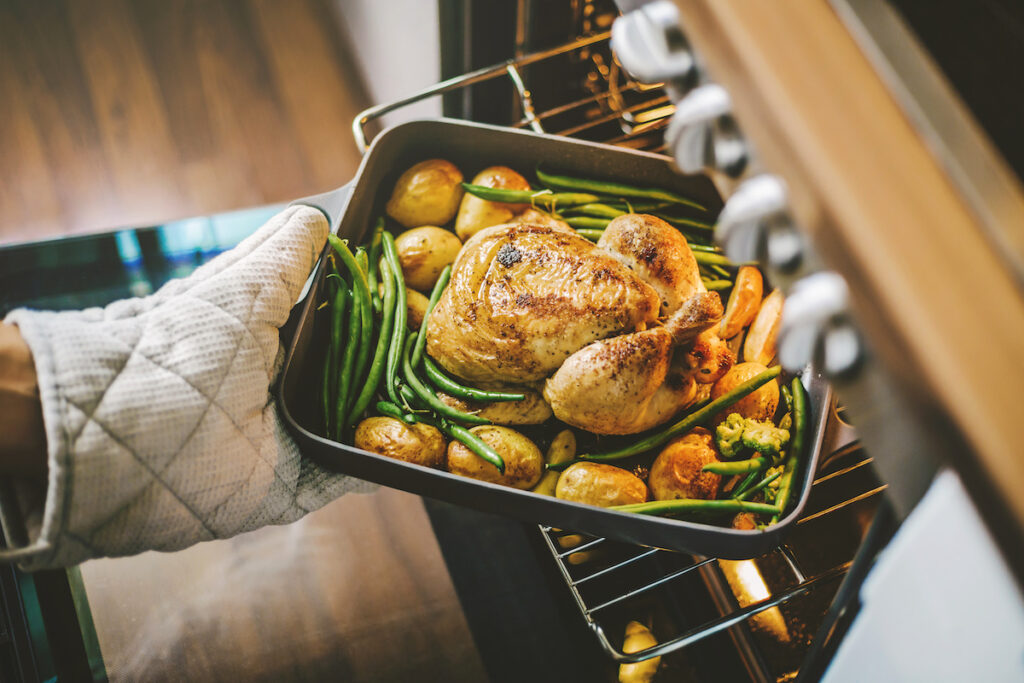

Leave a Comment